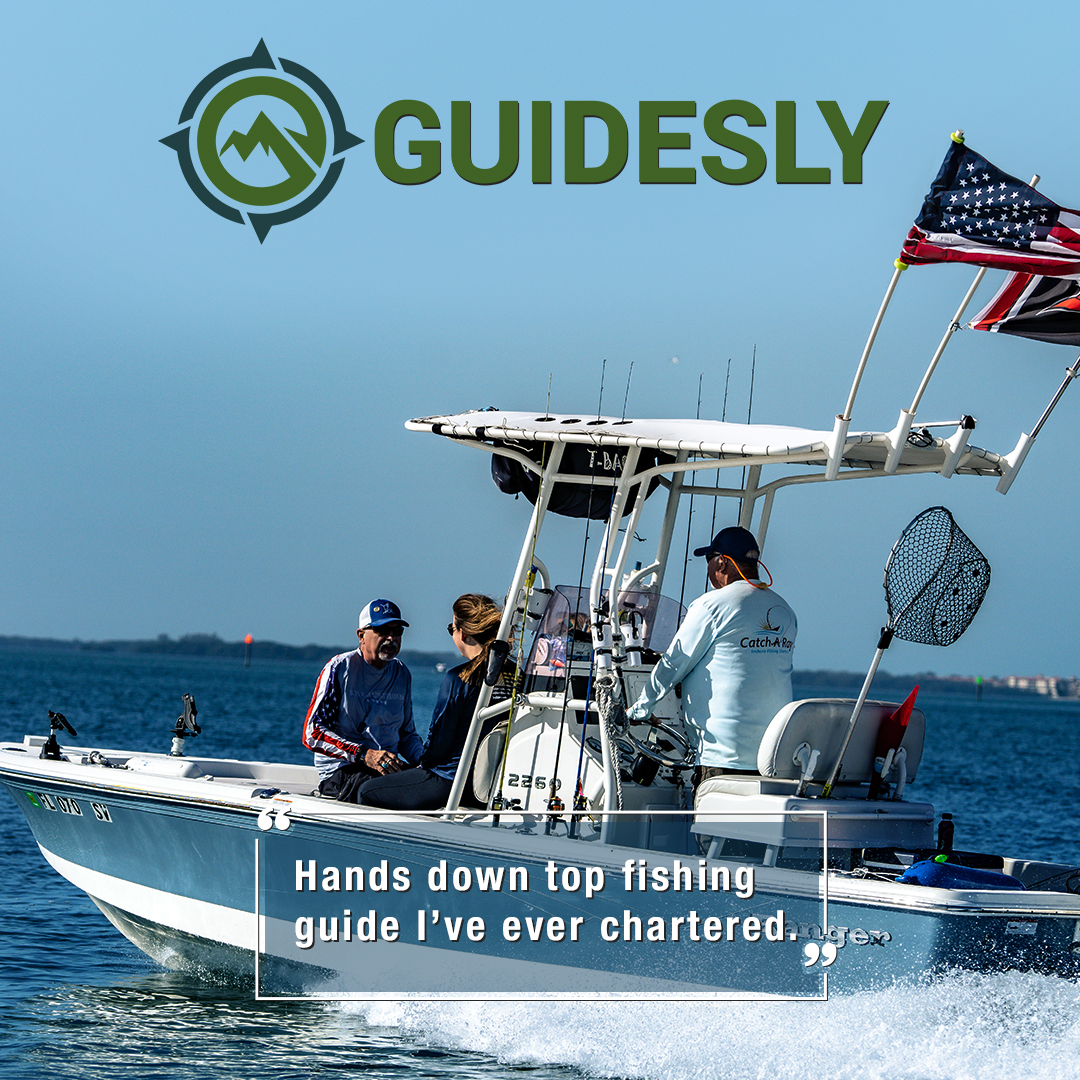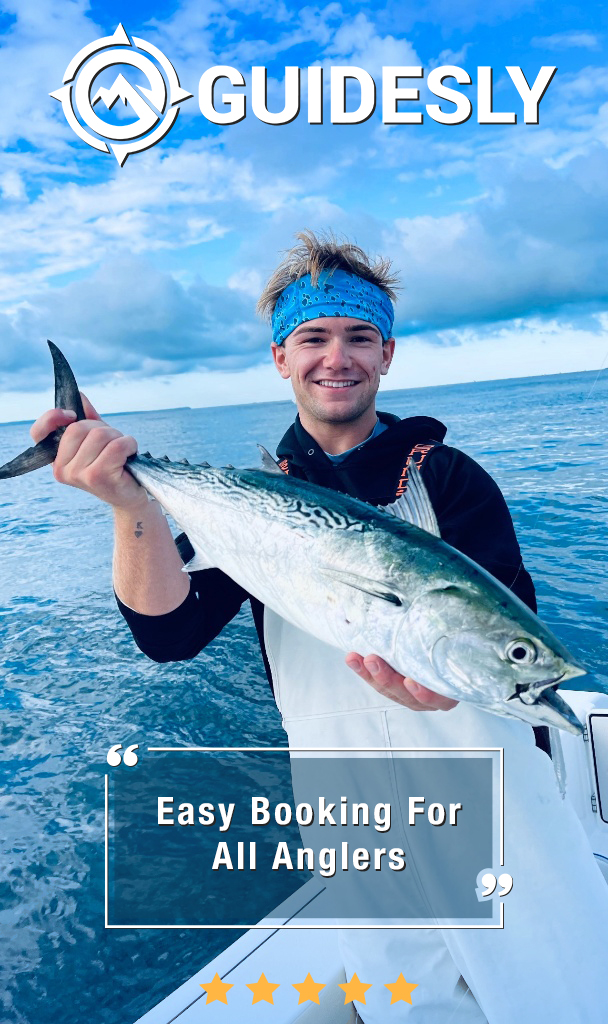How Improper Fishing Form Can Cause Injuries
Read on and learn the ways improper fishing form can cause injuries and how to correct them.
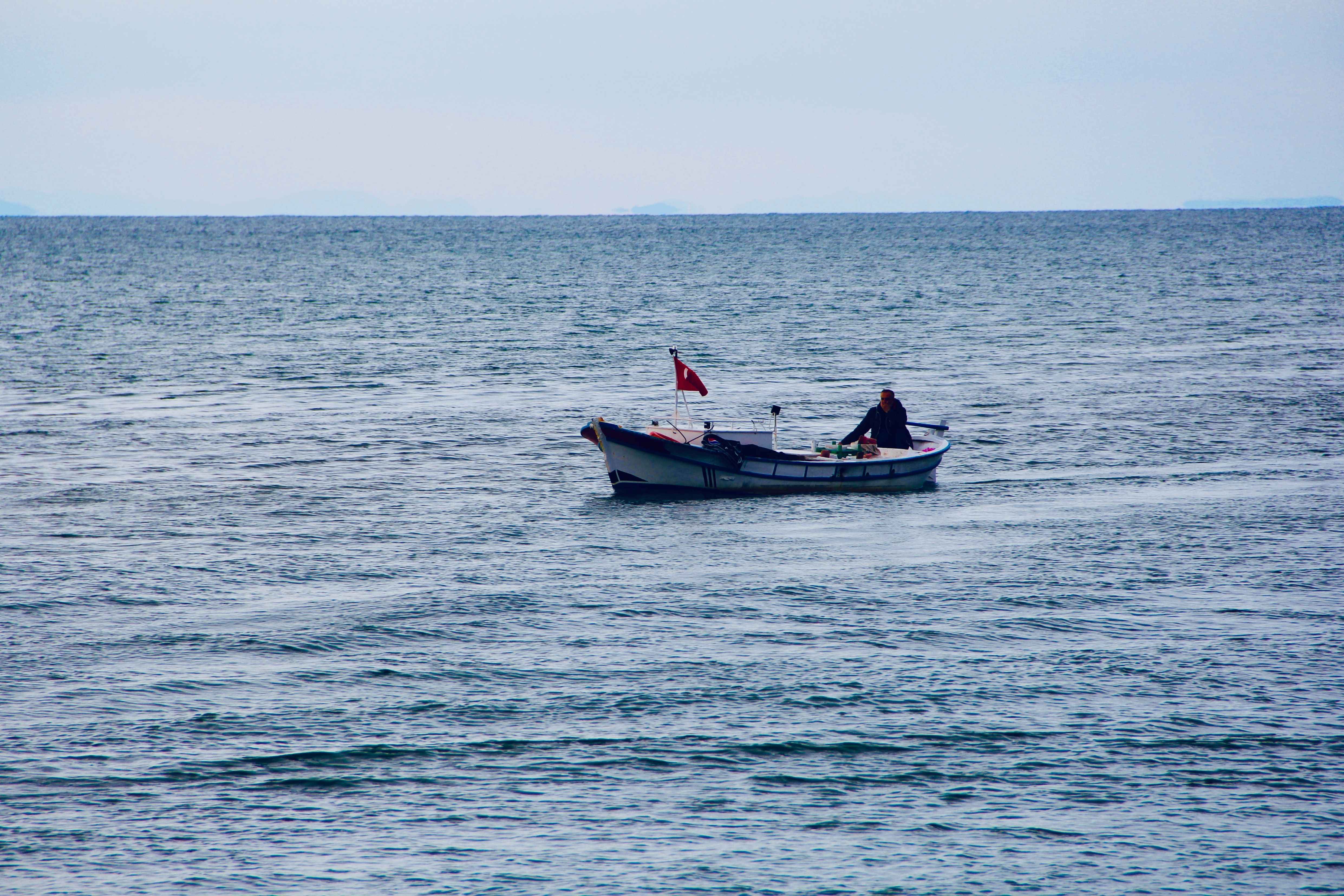
Fishing is just like any other sport — it requires the frequent and repeated use of many body parts over long periods of time. Therefore, practicing it can cause injury. While there are some injuries that we have no control over, like slipping or getting accidentally hooked, there are some that we can prevent. These preventable injuries are usually caused by practicing bad or improper form when fishing.
10 Ways Where a Bad Form Can Cause Injuries to the Angler

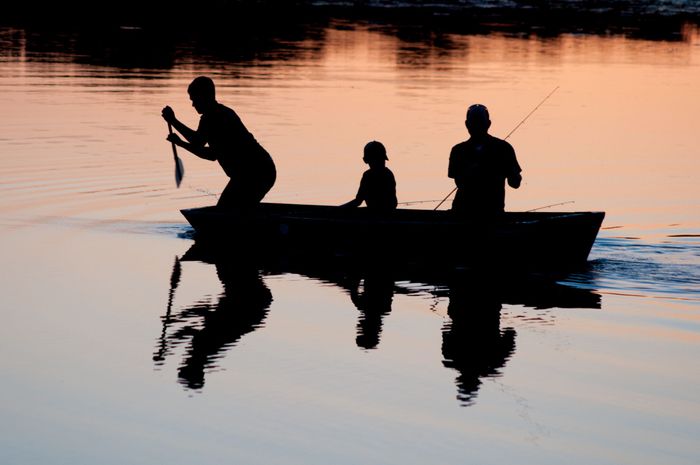
1.Slouching While Sitting Down
Slouching is never a good idea, especially when you’re fishing. It affects one’s blood flow and nerve compression, so it is bad for your overall health. It is particularly bad on your lower back. According to research, more than 90% of anglers complain of lower back pain. This is mostly due to slouching while sitting down and then getting up a little too hastily when they feel movement on their line.
When fishing, one should ideally be leaning back slightly at 135 degrees — comfortable enough but not slouching. This will help prevent you from experiencing lower back pain and neck pain and helps in the alignment of your bones and joints.
2. Sitting Down Without Frequent Movement
Just like slouching, sitting down without moving every once in a while is bad — not just for your back. It can lead you to be more prone to muscle and joint sprains, as the frequent practice of sitting down without moving for extended periods of time can cause the muscles and joints to go stiff. So next time, make sure that you have enough space to move around and stretch your back if you find yourself waiting for a catch. Make sure that your knees are on the same height as your hips while sitting down to avoid straining your knees.
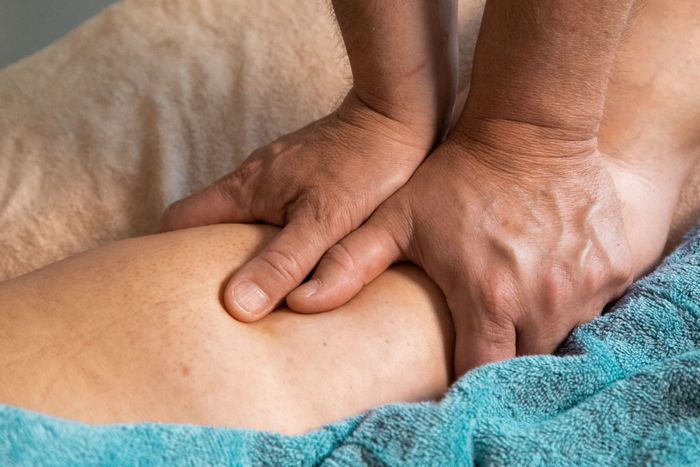
3. Bad Standing Posture
Just as slouching while sitting down is bad for you, whether at work or when you’re angling, a bad standing posture can also be harmful to your overall health. One way to improve your posture is to strengthen your core, so make sure you don’t neglect your core exercises. A strong core helps you retain your balance, especially if you’re standing for a long period of time while angling. A weak core and bad posture, on the other hand, can lead to lower back pain, neck pain, and even knee pain as they put a lot of stress on the joints, bones, and muscles. And if you’re not careful enough with your posture, you might be hastening the wear and tear of your body parts. And this can lead to early osteoarthritis.

4. Frequent Improper Casting
One of the most common injuries known to anglers is shoulder pain. For veteran anglers, this is because of overuse and perhaps a lack of overall bodily strength. For new anglers, it might be because of the way they cast incorrectly without having the correct caster’s body. The repeated use of the shoulder without any casting success can cause trauma to the shoulder joints. This can accumulate faster than you think and might lead to rotator cuff injury, which is quite common among anglers.
5. Fly Casting with the Knees Straight
Fly fishing is one of the most intense fishing techniques on the body, especially if you’re casting for trophy size tarpon or even just angling for freshwater brown trout. Therefore, maintaining good posture and stance while fly casting is important. Bending your knees while standing with one foot forward and the other backward is the proper fly casting position. If you have your knees straight and your feet aligned, you may fall over and get injured. But if you don’t fall in this position, you might cause stress on your knees and get severe knee pain.
6. Uncomfortable Fly Fishing Grip
While the thumb-on-top grip and the finger-on-top grip are not necessarily incorrect, they have been found to cause more pain in the upper extremities in the long run. Therefore, using the V-style grip can lessen your chances of getting carpal tunnel syndrome which is caused by wrist overuse. It can also help lessen the pain of overuse in the shoulder, elbow, and arm.
7. Using a Single Style of Casting When Fly Fishing
One of the most common injuries to anglers, and particularly to fly fishers, is the tennis elbow or elbow tendonitis. It is actually a common sports injury because of the repeated motions in most sports. Therefore, experts agree that changing your casting style while fly casting might help lessen the pain and tension on your elbow and your shoulders.
8. Making Your Shoulders and Arms Do the Work Instead of Your Rod
When overhand casting, keep your arms close to your torso and put all the work on your rod. Doing otherwise will force you to engage your arms and shoulders repeatedly, which can cause strain and injury to both body parts as well as your back.
9. Rotating Your Hips After Hooking a Catch
Standing still and simply rotating your hips can cause a strain on your back and even a sprain if you’re not careful. So instead of staying there, follow your catch once you’ve hooked it.
10. Leaning Forward Once There’s Catch
Leaning or bending forward when you feel a prized fish pulling on your line feels natural, but it can cause stress on your back. Instead, engage your core muscles and keep your back straight so that you can reel your trophy in without straining your back.
Many anglers through the years have suffered from fishing-related injuries because they either had poor form or neglected the pain they felt at the onset. That’s why it is important to learn the techniques before getting into the sport in earnest and to listen to your body and know when to rest. Equally as important is maintaining a strong and healthy body, which starts at gaining core strength and flexibility. Practice all these, and you’ll be sure to fish for trophy for years to come.

